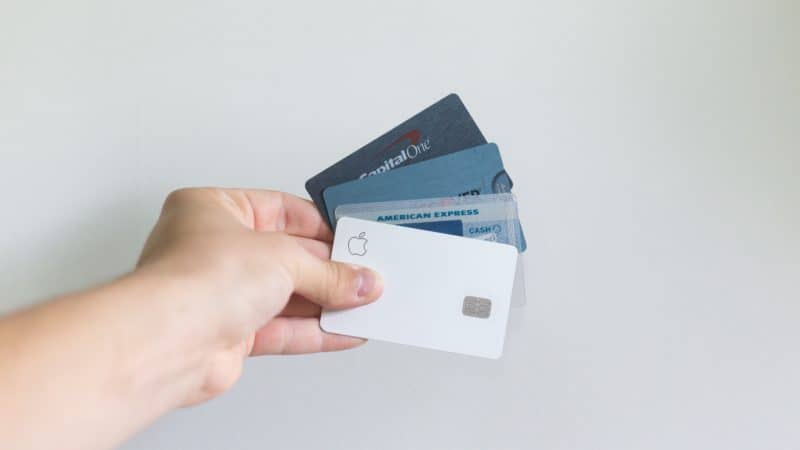Many people are worried about the state of their finances, and they’re looking for ways to improve their credit scores. You might not know this, but there are some easy steps you can take to improve your credit score in less than a month. This article explores a few tips that will help you get there quickly.
Checking Your Credit Report

A credit report is a record of your financial history, and it can help you track your finances, as well as help you keep an eye on your credit score. Your credit score seriously impacts what kind and how many loans or credit cards you can get from banks or lending organizations.
It’s crucial to check that your credit reports are accurate and up-to-date regularly because errors can negatively affect your ability to get approved for loans, mortgages, and even jobs (if an employer decides to do a background check). You must also keep track of any changes made by creditors or lenders. If you find any erroneous details listed on one of these reports, they need to be corrected immediately!
Dispute Any Errors on Your Credit Report
When you get a free copy of your credit report, check it carefully for any inaccurate or incomplete information. If you find an error, dispute the information with the credit reporting agency which provided the report. In most cases, they will investigate and correct the error within 30-45 days.
You can also dispute errors with lenders and other financial institutions by contacting them directly. However, this can be time-consuming because many banks and lenders do not have formal dispute processes in place (for example, they may require customers to write letters).
Pay Your Bills on Time
If you want to improve your credit score, the first step is to pay your bills on time every month. It’s that simple! Making timely payments shows lenders that you’re reliable and will make payments when the time comes.
Another benefit of paying bills on time is that it helps build a positive payment history, which can help boost your credit score even further! One excellent way to do so is by joining a finance program. They will agree to lend you a certain amount of money but will only make a portion of it available at a time. This way, you can repay the loan monthly and build a good credit history!
Set up Automatic Payments
Automatic payments are a great way to save yourself the hassle of remembering to make your monthly payment and avoid late fees. You can set up automatic payments with your credit card company or bank. Here’s how it works:
- When you enrol in automatic payments, your bill is paid without any additional effort from you (unless there is an issue).
- The amount automatically paid from your bank account depends on how much money you have available in your checking account at the time. This means that some months, you might run out of cash before all of the bills are paid, but most months, things should work out just fine.
Pay Off Your Credit Card Every Month in Full
You should always make sure that you pay off your credit card every month in full. The interest rate will increase significantly if payment is not made on time. Further, if one or more payments are missed, this can severely damage your credit score and lead to other financial issues in the future.
If possible, avoid paying interest at all costs! Interest charges are quite high, even if it’s just 1%. This means that when you pay off your balance with what’s left after paying interest charges and fees (if any), 100% of each payment must go toward repaying principal debt rather than existing balances.
Avoiding credit card debt is essential because it can easily snowball out of control once it starts. It can become challenging to deal with later on when you’re trying to improve your financial stability by increasing income levels or reducing expenses such as housing costs.
Keep Old Accounts Open and Active

One of the best ways to keep your credit score high is to keep old accounts open and active. This will demonstrate a long history of responsible spending, which helps maintain a good credit score. If you have an old account with a balance on it, try paying the outstanding balance or transferring it somewhere else where it can be paid off quicker. However, if that’s not possible, then don’t worry about it too much. It will still help maintain your credit history and boost your overall score if you keep the account open.
The key here is that by keeping old accounts open and active, you’re showing creditors that they can trust you with new loans because they’ve seen past proof of how responsible and trustworthy you are when handling their money!
These are some of the best practices and personal experiences with credit scores and loans to help you make the best decisions for yourself. The key takeaway is that managing your money well today lays the foundation for a strong future tomorrow! An excellent way to manage your money is to take the time to think about what you’re doing. Remember, a few simple changes can make a big difference in your financial health.


